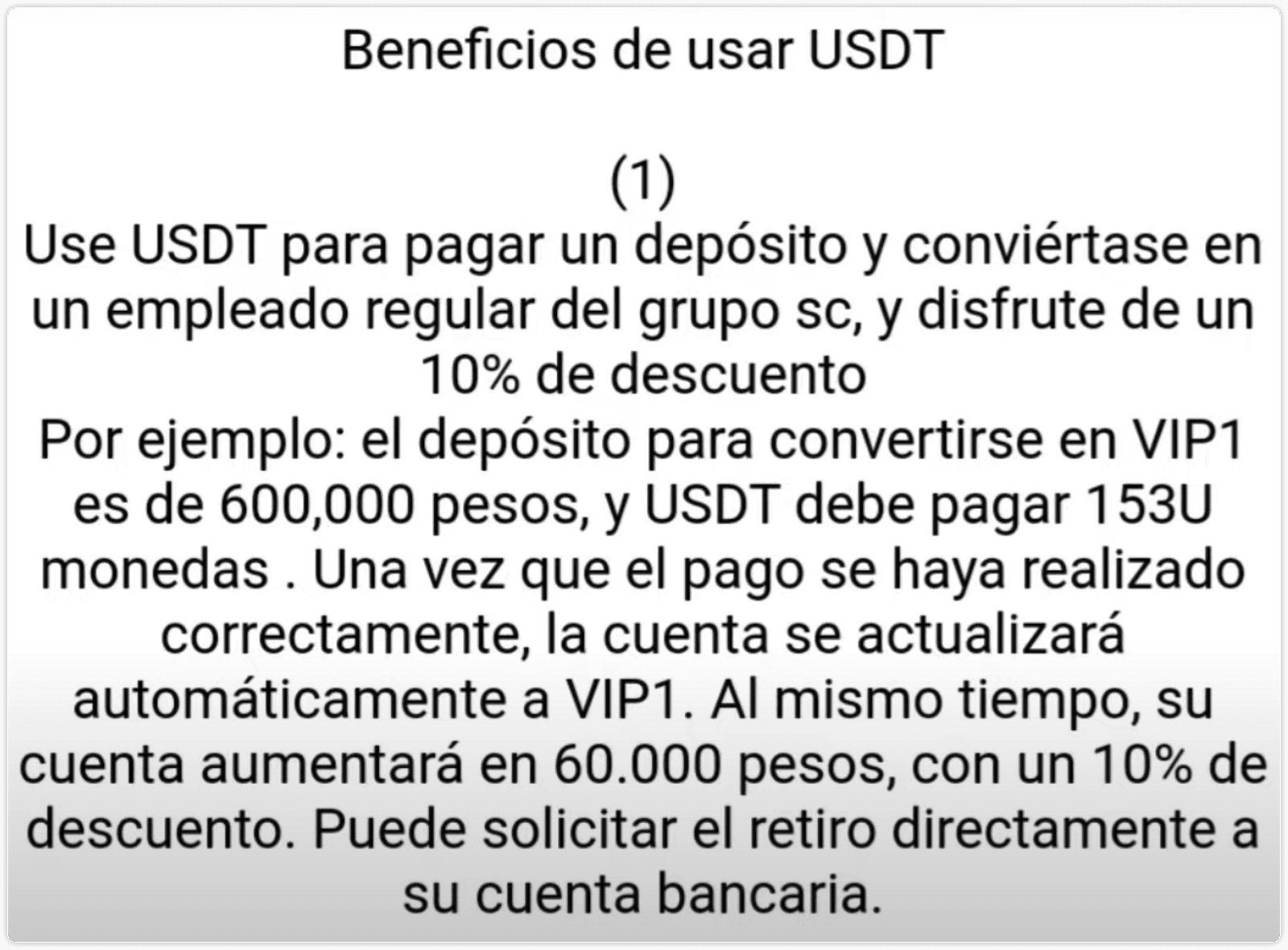There is a rising number of crypto scams and frauds claiming to offer high ROI. Before you make any deposits or transfers, you should remain skeptical and do your own research (DYOR) to check that project or website is legitimate. As blockchain transactions are anonymous and irreversible, you might not be able to recover your funds if you’ve fallen victim to scams.
Here are some tips for you to identify crypto scams:
Let’s see how scammers deceived the victims in a recent scam:
1. Scammers often publish ads through social media like Facebook and Instagram to promote their projects. They will ask you to join their WhatsApp and Telegram communities, which mostly consist of fake accounts that ask you to purchase certain cryptocurrencies based on a “popular” post.
2. To make the project appear legitimate, they would create an app or a website and redirect you to register for an account.
For example, the below screenshot shows a pyramid scheme project that claims to be partnering with famous companies such as Amazon, Columbia, Falabella, and Exito.

3. Scammers will then ask you to complete simple tasks to earn crypto rewards, such as clicking on website ads to earn USDT or other cryptos.
4. However, you won’t be able to withdraw the crypto rewards after completing the tasks. In order to claim your rewards, you will be asked to complete more tasks, such as becoming a member, inviting your friends to join, upgrading to VIP membership, etc.
Stay alert when you receive invitations to sign up to these crypto-earning websites, even if they were recommended by your friends. It could be a pyramid scheme and they might not be aware that they’ve fallen victim.
5. Take becoming a member as an example. You’ll likely be asked to deposit crypto into your account. The more you deposit, the higher your VIP tier and the more rewards they claim you can earn. But in reality, you will never be able to withdraw the funds you deposited.
6. As fiat deposits could be tracked, scammers would offer “discounts” on membership fees for cryptocurrency deposits and ask you to transfer crypto to their accounts.
For example, the below message is taken from a scam website. It offers a 10% rebate on USDT payment for VIP 1 membership fees. After depositing 600 pesos, your account will receive a 60 pesos rebate, and you will be able to withdraw it to your bank account later.

The victim was told to register for a Binance account and transfer crypto to an external cryptocurrency address outside of Binance. Seeing that Binance has imposed a stringent Identity Verification process on users, he made the transfer to the scammer’s address.
7. Scammers would prompt you to complete more tasks to earn rewards, but you won’t be able to withdraw any from the website. Your deposited funds won’t be able to recover too.

